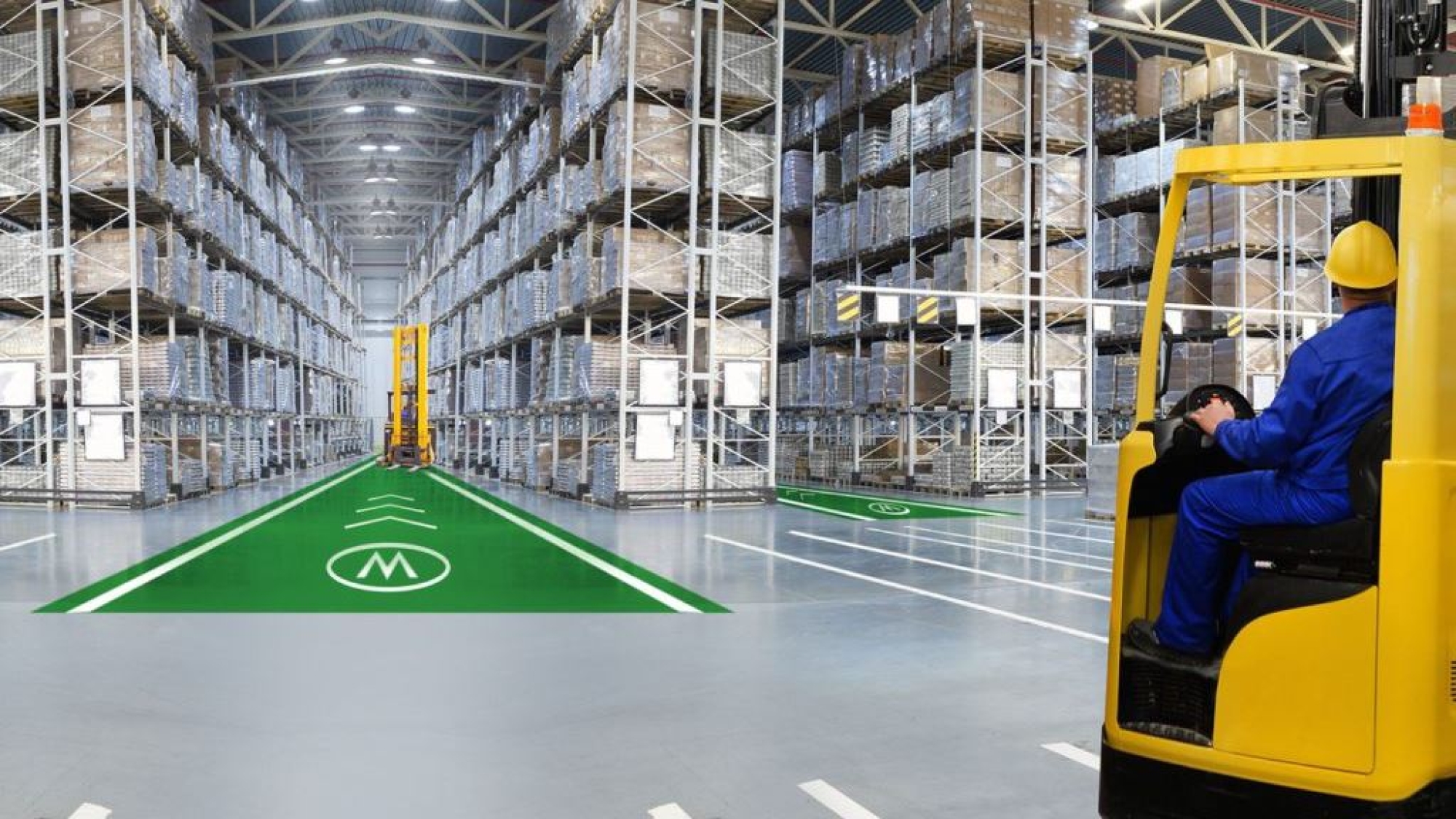In recent years, sustainability has become a central focus for businesses across industries, including global logistics. With growing environmental concerns and increasing pressure to reduce carbon emissions, companies are actively seeking ways to minimize their environmental footprint and adopt greener practices throughout the supply chain. In this article, we will explore the importance of sustainability in global logistics and discuss strategies for building a greener supply chain.
Why Sustainability Matters in Global Logistics:
Sustainability in global logistics is not just a moral imperative but also a strategic business decision. As the world grapples with climate change and resource depletion, consumers, investors, and regulators are increasingly demanding greater transparency and accountability from businesses. Companies that prioritize sustainability not only contribute to environmental conservation but also enhance their brand reputation, attract socially conscious consumers, and mitigate risks associated with regulatory compliance and supply chain disruptions.
Furthermore, adopting sustainable practices in logistics can lead to significant cost savings and operational efficiencies. By optimizing transportation routes, reducing fuel consumption, and minimizing waste, companies can lower their carbon emissions and operating expenses simultaneously. Additionally, sustainable logistics initiatives often drive innovation and foster collaboration throughout the supply chain, creating opportunities for business growth and competitive advantage.
Strategies for Building a Greener Supply Chain:
- Optimizing Transportation Networks: One of the most effective ways to reduce carbon emissions in logistics is to optimize transportation networks. This includes consolidating shipments, maximizing vehicle capacity, and leveraging multimodal transportation options such as rail and sea freight, which are more fuel-efficient than road transport. Advanced route optimization software and real-time tracking systems can help companies minimize empty miles and avoid unnecessary fuel consumption.
- Investing in Clean Energy and Alternative Fuels: Transitioning to cleaner energy sources and alternative fuels is crucial for greening the logistics sector. Companies can invest in electric vehicles, hybrid trucks, and fuel-efficient aircraft to reduce their dependence on fossil fuels and lower their carbon footprint. Moreover, renewable energy sources such as solar and wind power can be utilized to power warehouses, distribution centers, and transportation hubs, further reducing greenhouse gas emissions.
- Embracing Digitalization and IoT Technologies: Digitalization plays a pivotal role in enabling sustainable logistics practices by enhancing efficiency, visibility, and collaboration across the supply chain. Internet of Things (IoT) devices, sensors, and telematics solutions can monitor vehicle performance, track environmental metrics, and optimize energy usage in real-time. Data analytics and predictive modeling tools can identify areas for improvement and inform decision-making to minimize environmental impact.
- Promoting Circular Economy Principles: Embracing circular economy principles can help companies minimize waste and maximize resource efficiency throughout the product lifecycle. This includes implementing reverse logistics programs to facilitate product returns, repairs, and recycling, as well as adopting reusable packaging materials and eco-friendly packaging designs. By closing the loop on material flows and reducing reliance on virgin resources, companies can contribute to a more sustainable and resilient supply chain.
- Collaborating with Supply Chain Partners: Achieving sustainability in global logistics requires collaboration and partnership across the entire supply chain. Companies can work closely with suppliers, carriers, and logistics service providers to set common sustainability goals, share best practices, and drive collective action. Collaboration platforms and industry initiatives such as the Sustainable Shipping Initiative (SSI) and the Clean Cargo Working Group (CCWG) facilitate knowledge exchange and collective impact within the logistics community.
Conclusion: In conclusion, sustainability is no longer a choice but a necessity for global logistics companies seeking to thrive in a rapidly changing world. By embracing sustainable practices and implementing greener strategies throughout the supply chain, companies can reduce their environmental footprint, enhance operational efficiency, and create long-term value for stakeholders. From optimizing transportation networks to embracing digitalization and promoting circular economy principles, there are numerous opportunities for companies to build a greener and more sustainable future for global logistics.


Add a Comment